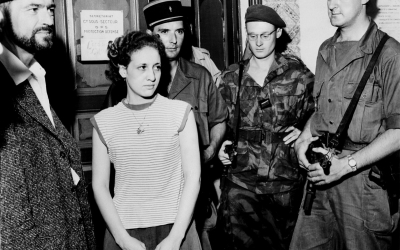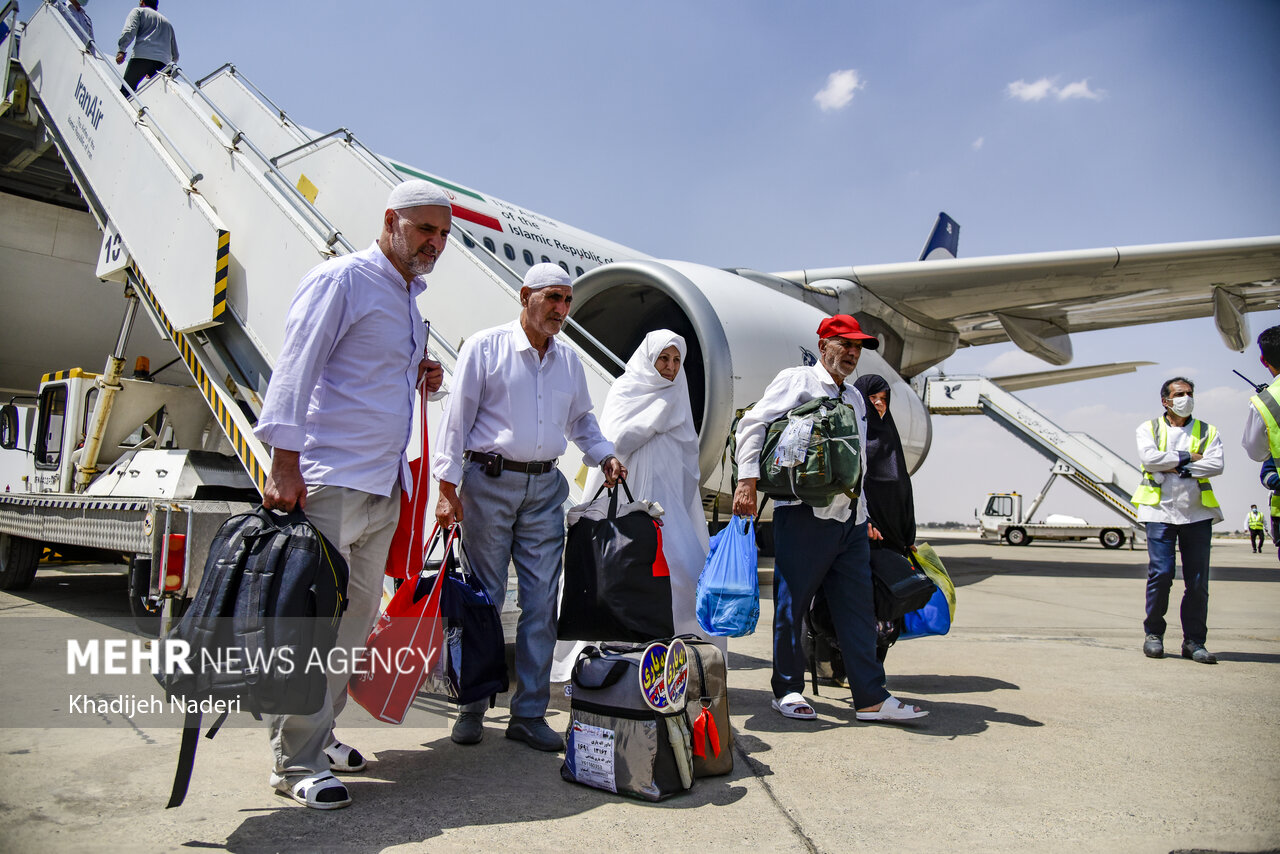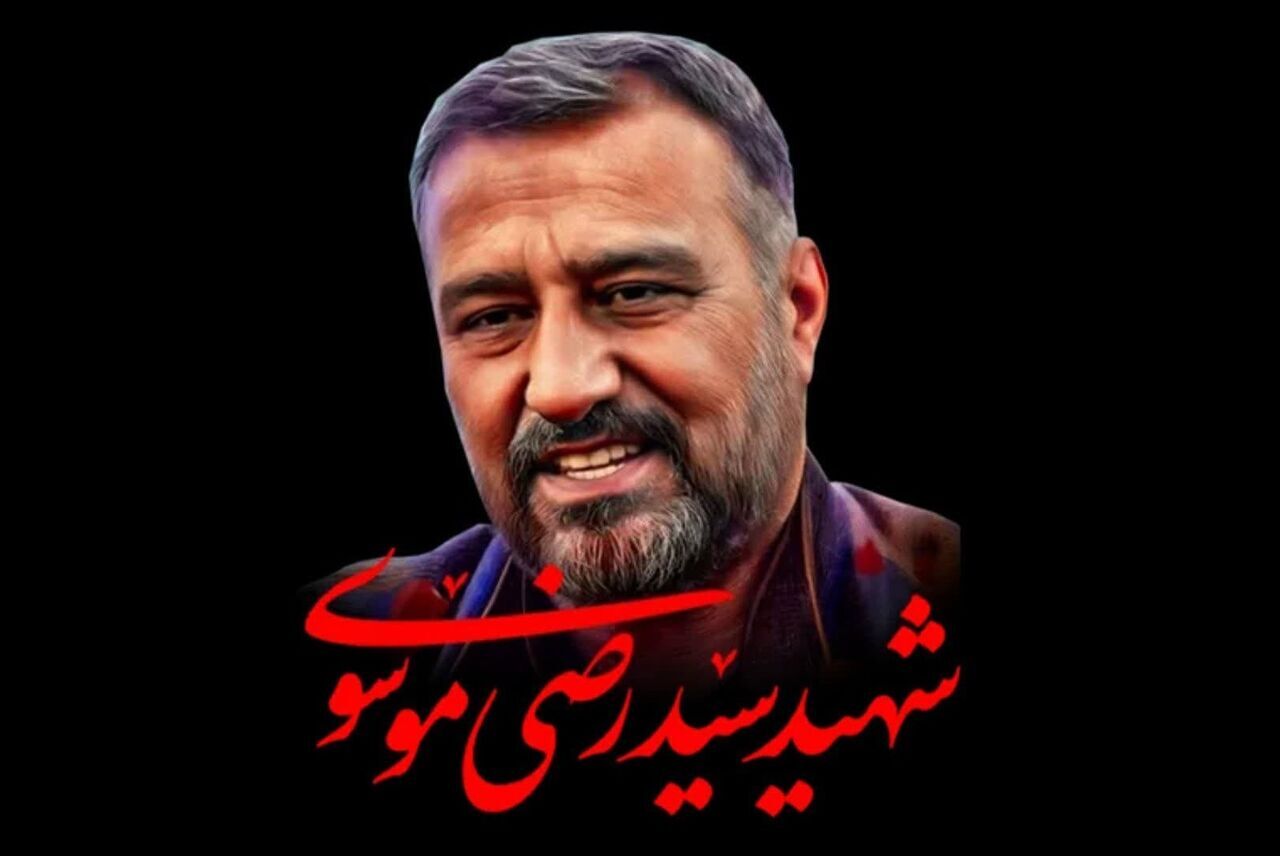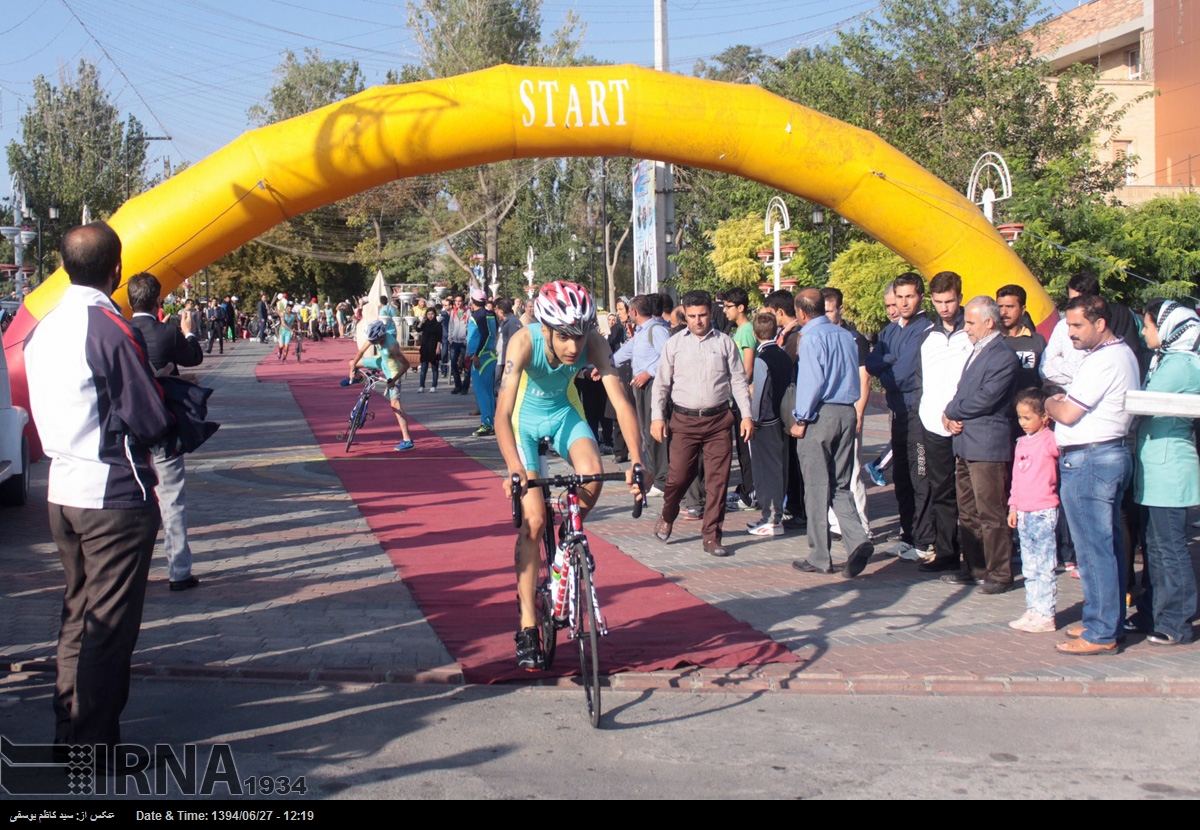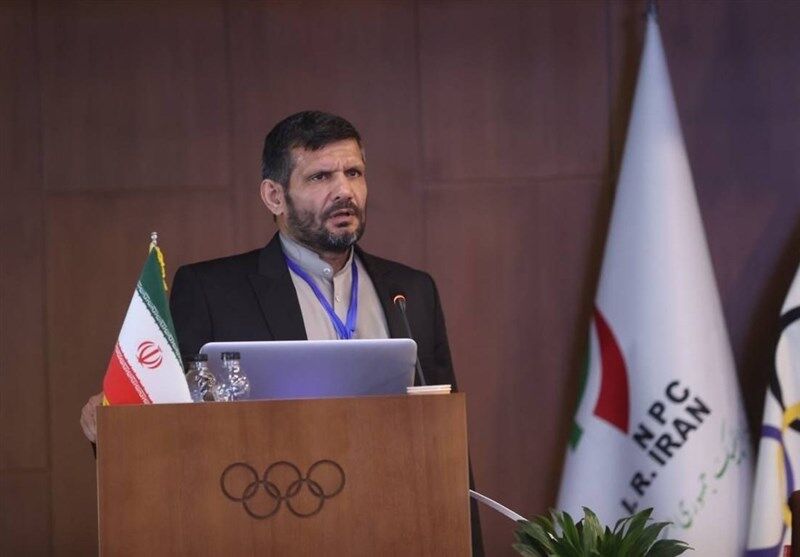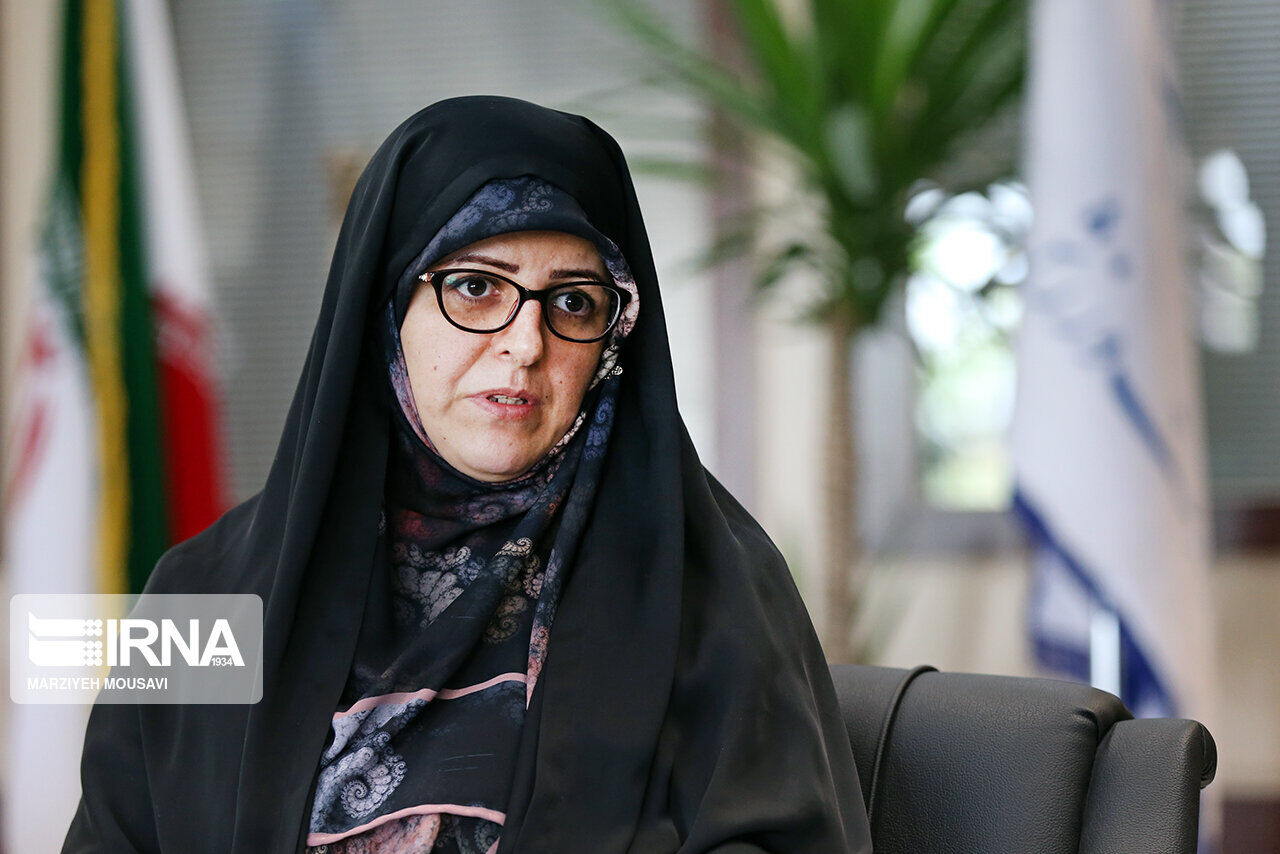'Pick up the torch': The revival of Algerian feminist media
'Pick up the torch': The revival of Algerian feminist media

"Activism through words": this is how Madjeda Zouine defines her profession.
After a stint in the mainstream press, the Algerian journalist and activist joined the association Femmes en Communication and its radio station Voix des Femmes ("Women's Voices"), a platform dedicated to feminist issues, in 2017.
That was a turning point for the 37-year-old.
"It's good to have a job, but it's even better to have a commitment," Zouine told Middle East Eye, while admitting that this commitment is sometimes misunderstood in the North African country, where journalists are seen "as activists before being journalists".
In Algeria, where human rights in general, and women's rights in particular, remain precarious and where gender violence regularly makes headlines, the feminist press occupies a niche though necessary place, between activism and information.
Trained in addressing such sensitive issues, Zouine denounces the trivialisation of violence against women in some Algerian media, where language can justify rape or murder by accusing the victim of provoking her attacker.
This was the case for Chaima, raped, tortured and burned alive at the age of 19 in 2020, and Ryma, burned alive at the age of 28 in 2022 by her neighbour whom she refused to marry.
"Religious or entertainment programmes often convey the same logic: blaming the woman. We avoid this pattern. We would never write that 'a father killed his daughter to defend his honour'," she said.
"Issues related to women create buzz. They are more widely reported and require more attention," she adds, though expressing regret that some media outlets and social media pages exploit them primarily to generate engagement.
'Sometimes the press censors itself, and when it addresses [women's] issues, it does it according to society's perspective'
- Madjeda Zouine, feminist journalist
For Zouine, if the mainstream press does not always respect ethical rules, it is primarily due to societal pressure.
"Sometimes the press censors itself. And when it does address these issues, it does it according to society's perspective, to the mentality of its audience," she said.
It is on social media that Zouine and her colleagues are trying to change this mentality.
Three years ago, they launched a podcast, Laha ("For Her"), in which they address various women's demands, namely an end to violence, harassment and impunity that surrounds them.
Beyond these demands, the podcast also addresses sexual and reproductive health issues.
"We talked about mandatory episiotomy and received hundreds of testimonies from women who have undergone it without consent," said Zouine.
While she observes a "growth in awareness" among young women, who she believes will "pick up the torch", the challenges are many, starting with financial constraints.
"We often self-fund, or benefit from inter-feminist support," she said.
A platform for women
For Zouine, perhaps contrary to popular belief, the feminist press is not only a space for denunciation, but also a tool for encouragement.
It is with this in mind that La Place-Lblassa, an annual bilingual Arabic-French magazine, was created in 2020 by Maya Ouabadi, a literary critic and founder of the publishing house Motifs.
The stimulus was the discovery of a photo of the old magazine El Djazairia ("the Algerian woman"), which was published monthly from 1970 to 1981 by the National Union of Algerian Women, a women's organisation created after independence by the single-party ruler, the National Liberation Front (FLN).
"I realised that there were no longer feminist magazines in Algeria," Ouabadi told MEE.
With Saadia Gacem, an Algerian doctoral student in anthropology and a feminist activist, they co-founded a feminist magazine made by women, from graphic design to translation, and for women, be they writers, artists or researchers.
The result is a hybrid publication, somewhere between a book and a newspaper.
"We offer women a space to express themselves freely, without being interrupted or reduced to their status as women," the editor said.
"We asked contributions from women in our respective circles. Very quickly, we began receiving unsolicited proposals, which was a sign that there was no other space for these subjects," Ouabadi added.
'In the 1970s, some Algerian publications had radical feminist content, but they presented themselves as 'women's magazines'. Today, we have chosen to stand by the word, because feminism is not a swear word'
- Maya Ouabadi, cofounder of La Place-Lblassa
The decision to clearly display the term "feminist" in the magazine's title was carefully thought through.
"In the 1970s, some Algerian publications had radical feminist content, but they presented themselves as 'women's magazines'. Today, we have chosen to stand by the word, because feminism is not a swear word. By displaying it clearly, we want it to circulate in the public space and regain its true meaning," she said.
For Ouabadi, La Place-Lblassa is not just an information tool: it is also a source of inspiration.
"We need role models. If a young woman reads journalist Kenza Khattou's article about female entrepreneurs who launch their projects solely via the internet, she can imagine a different future," she cited as an example.
"Today, through La Place, we are sending another message: we can become whatever we want, without following the established line."
Preserving the traces of women's struggles
El Djazairia, L'Action, Nyssa ("women"), Presence de femmes ("presence of women"); feminist magazines emerged in Algeria both during the colonial period and after independence from France in 1962.
Some withstood the post-independence upheavals before gradually disappearing, particularly under the effects of the civil war in the 1990s, which silenced many feminist organisations, as well as journalists and media outlets.
"Algerian women's magazines have existed since the colonial period. For example, we learned of the existence of a bilingual women's literary magazine, L'Action - El 'Amel ('the action'), founded in 1947 by the late Djamila Debeche, copies of which are held at the National Library of France," Awel Haouati, a doctoral student in anthropology at the School for Advanced Studies in the Social Sciences (EHESS) in Paris, told MEE.
Haouati also cited the monthly magazine published by the ancestor of the National Union of Algerian Women, Femmes d'Algerie ("Women of Algeria"). Copies of the publication founded in 1944 are also available at the National Library of France.
'Beyond the history of colonisation and the war of independence, it is important that we master the knowledge of what our society has gone through since 1962, and the history of social struggles and Algerian women's struggles is part of this'
- Awel Haouati, PhD student
While researching the history of photojournalism in Algeria in the 1990s, Haouati founded an independent, voluntary project with Gacem in 2019: Archives of Women's Struggles in Algeria.
"This project was born out of a desire to learn more about the history of social struggles in Algeria, particularly those led by women. I'd hear about the women's collectives and associations of the 70s, 80s and 90s, but I never had access to what they had produced," Haouati said.
She explains that the idea of creating an archive of the Algerian feminist movement had been around for several years, but that it was the Hirak, Algeria's massive popular uprising that led to the ousting of long-term autocrat Abdelaziz Bouteflika in 2019, "that was the trigger to launch the project".
"As younger generations, we discovered - and reconnected with - a history of struggles that had been somewhat buried," she told MEE.
"For example, we saw the resurfacing of slogans, symbols, icons, even protest routes borrowed from the mobilisations of the 1980s and 1990s. This inspired us to seek out traces of these struggles and document them."
The two researchers managed to gather archives kept by women who participated in the mobilisations and were members of feminist collectives or associations.
Their collection work highlights the richness of publications from the period, particularly from the late 1980s to the early 1990s, which Awel describes as the golden age of the Algerian feminist press.
The period was marked by the opening of the political field after the establishment of a multiparty system by the 1989 constitution and, consequently, the proliferation of press titles.
"The content focused on the Family Code, women's rights in different spheres of society, domestic violence, raising awareness about contraception... The content was therefore feminist, even if this word did not necessarily appear in the publications," Haouati said.
After the army halted the electoral process in January 1992, following the victory of the Islamic Salvation Front (FIS) in the first round of parliamentary elections, and the subsequent start of the decade-long civil war, during which an estimated 200,000 people were killed, women's associations reduced their activity, as did feminist publications.
"Publications became rarer after 1992. The movement seems to have gradually disintegrated over the course of the Black Decade," the researcher said, using a name given by Algerians to the civil war.
For Haouati, it is all the more essential to preserve these traces.
"They contribute to our political education as Algerians. Beyond the history of colonisation and the war of independence, it is important that we master the knowledge of what our society has gone through since 1962, and the history of social struggles and Algerian women's struggles is part of this."





